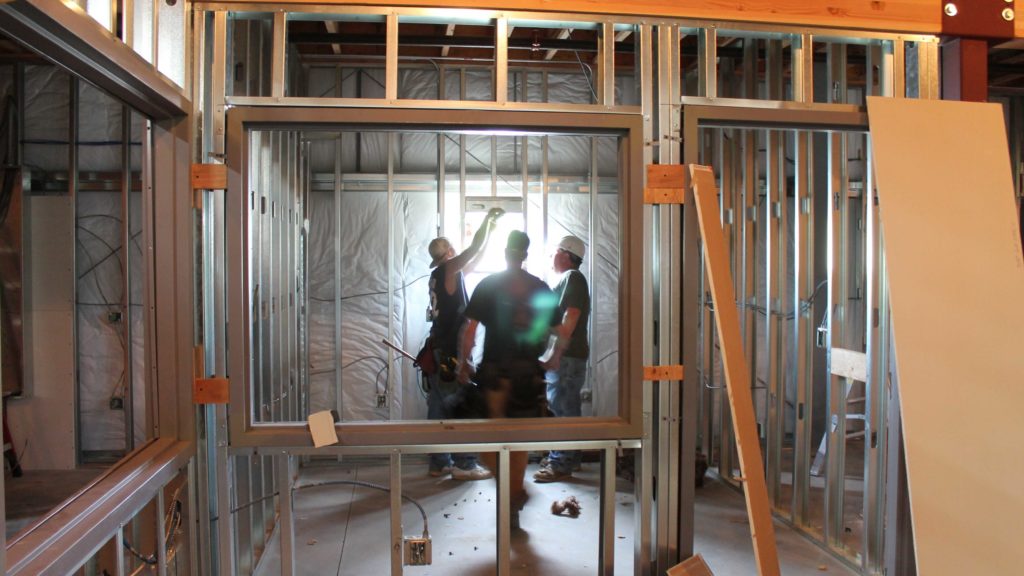
Can a Collateral Warranty be Considered a Construction Contract? A Case Study into Abbey Healthcare v. Simply Construct
Friday 8th July 2022
The Court of Appeal has recently given its judgment in what is now the leading authority on what constitutes a construction contract. This includes whether a collateral warranty is considered as such.
This judgment reverses the original decision of the TCC which we wrote about here. It significantly extends the automatic right to adjudication conferred on parties to a construction contract. The first instance decision held that to be a construction contract, a warranty must relate to ongoing construction activities. Therefore, a warranty executed long after practical completion would not be.
What is the issue when it comes to a collateral warranty?
For the purposes of the Housing Grants, Construction and Regeneration Act 1996 (the “Construction Act”), section 104(1) defines a construction contract as an agreement for the carrying out of construction operations.
“Construction operations” is given a very broad definition. As anyone involved in construction contracts may know, there are far more agreements involved than simply one single contract for the building work itself. These can include appointments of consultants and forms of security such as performance bonds and collateral warranties.
So how many of those are considered construction contracts? Firstly, the Court of Appeal held that a collateral warranty can be a construction contract if it relates to the ongoing carrying out of construction operations. The principle of the decision may also apply to any form of agreement related to construction activities.
Why does this matter?
The key point is that any party to a construction contract benefits from the automatic right to refer a dispute to adjudication granted by the Construction Act.
This is a really powerful tool. Adjudications are designed to be quick and effective ways to resolve disputes and protect cash flow. Adjudications are far quicker than the court process (and usually cheaper).
Key principles
The crucial question is whether there is a continuing promise regulating future work, sufficient to comprise separately actionable obligations. In most “market standard” warranties there will be. Furthermore, and contrary to the original decision, the timing of when a warranty is signed is not a determinative factor. This is the case whether that is four weeks or four years after practical completion.
The Court also stated the intention of the Act was to cast its net as widely as possible and improve the dispute resolution mechanisms available to those involved in construction disputes. They did this by ensuring the availability of swift and inexpensive adjudication procedures. That may prove to be just as indicative of the approach Courts will take moving forward.
Comments
This is a case that does genuinely have a big impact. It means beneficiaries of warranties can benefit from the automatic right to adjudicate and access quick resolutions to disputes. The principle may even be extended to other agreements such as performance bonds in the future.
Whilst this does appear to be a common-sense application of the Construction Act, it certainly increases potential exposure for contractors. That may serve to increase insurance premiums at a time when the insurance market for contractors is shrinking and all margins are being constantly squeezed.


